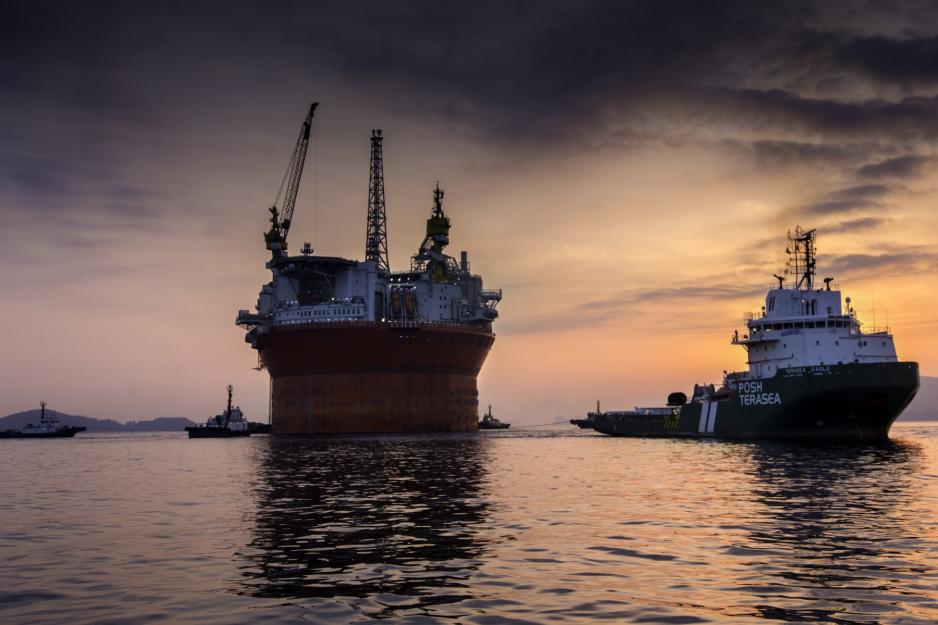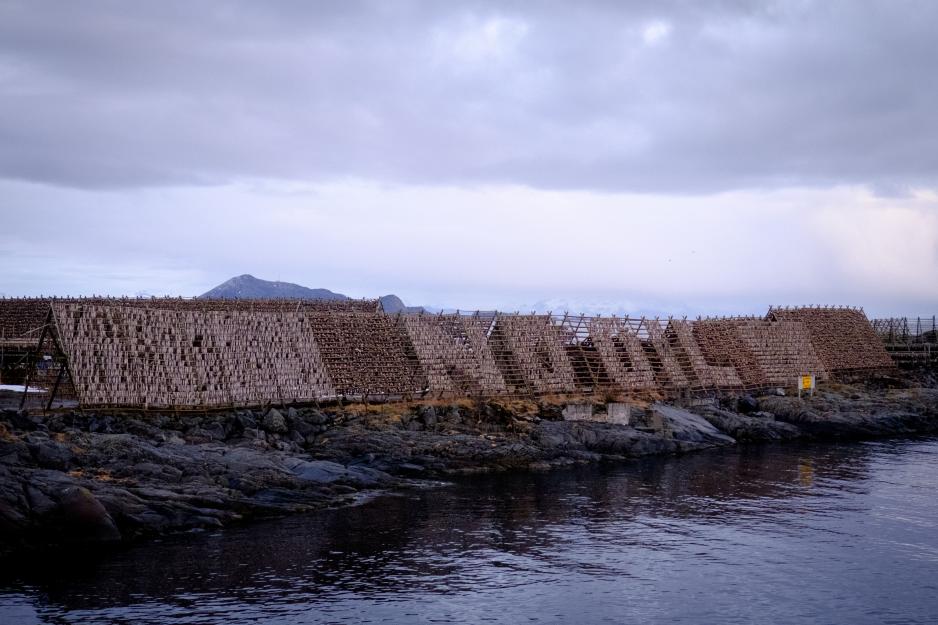Norwegian Arctic Oil under Attack

In the past months, multiple debates around Norwegian Arctic oil have led to serious doubts about exploration of Arctic oil in general.
Multiple issues and debates on Norwegian Arctic oil in the past months have led to serious doubts about the exploration of Arctic oil in general. It recently became public that the Goliat oil field, which has become subject to intense scrutiny even before operations started, might never become profitable.
According to Eni’s calculations, which were reported to the parliament by Terje Søviknes, Minister of Petroleum and Energy, the field is expected to cover the investment costs in 2022. This however, is based on assumptions that the oil price does not drop below 50 dollar. By contrast, the Ministry of Petroleum and Energy in a press release pointed to a break-even likely in 2030, based on internal calculations, but vowed to do a more thorough evaluation as soon as possible.
A recent report by Knut Einar Rosendahl, professor in Petroleum Economics at the Norwegian University of Life Sciences (NMBU), estimates the present value of the Goliat oil field at -12 billion Norwegian kroner. Similar to other calculations, the report, which was commissioned by the environmental organization Bellona and to which the newspapers Teknisk Ukeblad (TU) and Upstream were granted exclusive access, concludes that the field is likely to have a negative value after the end of production.
Serious safety concerns about “climate bomb”
Lars Haltbrekken (Socialist Left Party), Norwegian Parliament Member, doubts that the Goliat field, which he dubs a “climate bomb”, will ever become profitable for Norway. He calls for a change in taxation policies, because in the current situation, the state assumes most of the risk, he said to Barents Observer.
As Norwegian daily Dagens Næringsliv recently reported, this follows 53 incidents and breaches of the security and environmental standards by the operator of the Goliat oil field, Eni, since 2016. Since the Goliat platform started operations in 2015, the production had to be shut down more than five times. In one of the latest incidents, a threat of ignition associated with the electric motors was discovered and led to yet another halt in production.

Criticized for subsidizing Arctic oil exploration
Norway’s subsidizing taxation system of petroleum companies aims at facilitating exploration: All petroleum companies are allowed to deduct 78% of their exploration costs from their income tax. The state and the Norwegian citizens therefore have an interest in getting thorough information on the profitability of such oil and gas projects. The current tax system for oil exploration on the Norwegian continental shelf is heavily criticized by environmental organizations, such as WWF.
PM Solberg: Not only profitability important
Last January, Norwegian Prime Minister Erna Solberg already discussed the profitability of Arctic oil at the Arctic Frontiers conference in Tromsø and argued that Arctic drilling is not only about profitability. According to her, the repercussions of Norway’s oil and gas exploration and the associated guaranteed diversity of supply from different regions affect international political stability.
Nor does she consider this contrary to Norway’s intentions to combat climate change. Instead she insists that “it is possible and necessary to do both.” Besides creating jobs, she argues that the extraction of one barrel of oil from the Norwegian continental shelf results in less climate-damaging emissions compared to oil produced in other countries.
Environmental organizations see the link between Arctic oil exploration and climate change differently. Nature and Youth and Greenpeace Nordic sued the Norwegian government over the 23rd licensing round, which opened new areas in the Arctic to oil and gas exploration, arguably violating the Paris Climate Agreement and the Norwegian constitution.
Fewer applications in recent licensing round
In the 24th licensing round of a record-breaking 102 blocks for oil exploration on the Norwegian continental shelf, 93 of them in the Barents Sea, only eleven companies applied. Among them were Statoil, Lundin, Shell, and Wintershall. Compared to the 26 applications in the previous round, this raises the question of whether the interest in Norway’s Arctic oil has significantly dropped.
In a news release on its website, the Norwegian Petroleum Directorate (NPD) argues that there was a substantial interest in the expansion of the predefined area (APA). Nevertheless, last year’s number of applications was the lowest in almost two decades.
In a next step, the applications will be evaluated, a process that the Ministry of Petroleum and Energy expects to finish with the awarding of production licenses by summer 2018.
